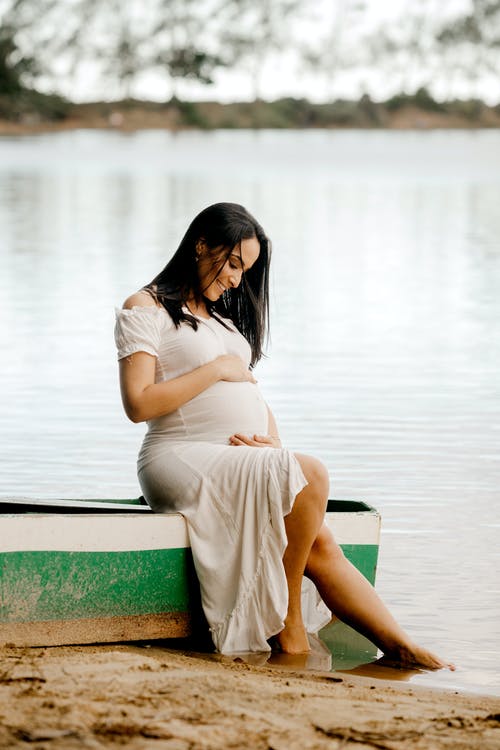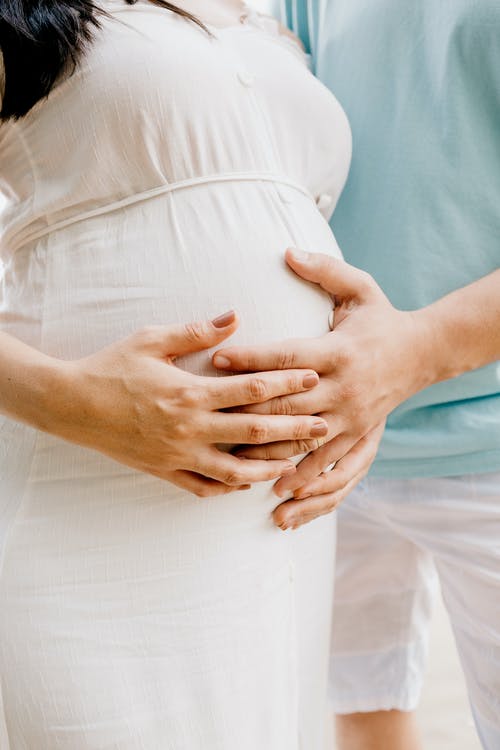研究发现,女性的卵子会在受孕的最后时刻选择幸运的精子
研究发现,女性的卵子会在受孕的最后时刻选择幸运的精子
In females, for example, hormones present at ovulation can drive a woman to choose a cocky, confident man with a slight stubble and more masculine features. Men can sniff out an ovulating woman just by smelling her T-shirt, while women appear to prefer the smell of a man with dissimilar genes, which could give her offspring a boost up the evolutionary ladder.
对于女性来说,排卵时的荷尔蒙会促使她们选择一个有一点胡茬、更男性化的骄傲自信的男人。男人可以通过闻她的t恤来嗅出正在排卵期的女人,而女人似乎更喜欢具有不同基因的男人的气味,这可能会给她的后代提供一个进化阶梯。
A fascinating new study finds those chemical-based preferences continue even after sex.
一项引人注目的新研究发现,这些基于化学物质的偏好甚至在性行为之后依然存在。

Human eggs appear to "choose" which sperm will become the lucky winner in conceiving a baby.
人类卵子似乎会“选择”哪一个精子将成为怀孕的幸运赢家。
"Human eggs release chemicals called chemoattractants, which leave a sort of chemical breadcrumb trail that sperm use to find unfertilized eggs," said study author John Fitzpatrick, an assistantprofessor in the department of zoology at Stockholm University in Sweden.
“人类卵子会释放一种叫做化学引诱剂的化学物质,这种化学物质会留下一种类似面包屑的痕迹,精子会利用这种痕迹来寻找未受精的卵子,”研究作者、瑞典斯德哥尔摩大学动物学系助理教授约翰·菲茨帕特里克说。
"What we didn't know until this study is those chemical breadcrumbs act differently on sperm from different males, in effect choosing which sperm is successful," Fitzpatrick added.
菲茨帕特里克补充道:“在这项研究之前,我们不知道这些化学物质对不同雄性精子的作用是不同的,它们会影响选择成功的精子。”
"What this is suggesting is that these fluids are giving females one extra chance — long after she's picked her partner — to bias the number of sperm that are going to be coming towards the eggs."
“这表明,这些液体给了雌性一个额外的机会——在她选择了伴侣很久之后——来改变向卵子靠近的精子数量。”

The hunt for diverse genes
寻找不同的基因
What makes a partner genetically compatible? One of the driving factors for that, Fitzpatrick said, are a complex set of genes called the "major histocompatibility complex," or MHC for short.
是什么让一个伴侣在基因上兼容? 菲茨帕特里克说,其中一个驱动因素是一组被称为“主要组织相容性复合体”(MHC)的复杂基因。
"Basically what these genes are about is fighting infection, fighting diseases and helping our immune system do really well," he said. "The more diverse those genes are, the more diverse are the kinds of infections you can fight.
他说:“基本上,这些基因的作用就是抵抗感染,抵抗疾病,帮助我们的免疫系统发挥作用。”“这些基因越多样化,你能对抗的感染就越多样化。
And if your partner has a slightly different combination of these genes than you do, then you're going to produce offspring that can fight an even broader array of pathogens and diseases."
如果你的伴侣的这些基因组合与你略有不同,那么你的后代将能够对抗更广泛的病原体和疾病。”
And because mammals, including humans, are programmed to give our offspring the best chance for survival, our bodies have developed all sorts of methods to reward the strongest, most diverse and compatible mate possible.
因为哺乳动物,包括人类,都是为了给后代最好的生存机会而设计的,我们的身体已经发展出各种方法来奖励最强壮、最多样化和最兼容的配偶。
Even the female reproductive tract is an obstacle course designed to weed out weaker, less acceptable suitors.
甚至雌性的生殖道也是一个障碍通道,旨在淘汰较弱的、不太受欢迎的追求者。
Reproductive tract fluids, for example, flow downwards, thus forcing sperm to swim upstream, much like salmon must do when they spawn. At the same time, Fitzgerald said, the female's immune system views sperm as a foreign invader, attacking those swimmers as if they were germs.
例如,生殖道的液体向下流动,从而迫使精子逆流而上,就像鲑鱼产卵时必须做的那样。菲茨杰拉德说,与此同时,雌性的免疫系统将精子视为外来入侵者,将那些游泳者当成细菌来攻击。
Once past the obstacle of the cervix's muscular contractions, sperm must then choose and swim up one of two fallopian tubes — yet the egg only travels down one, leaving a "blind alley that they can go down where there's no payoff."
一旦通过了宫颈肌肉收缩的障碍,精子就必须选择并游上两根输卵管中的一根——然而卵子朝一根游下去,留下了一条“没有回报的死胡同”。


















